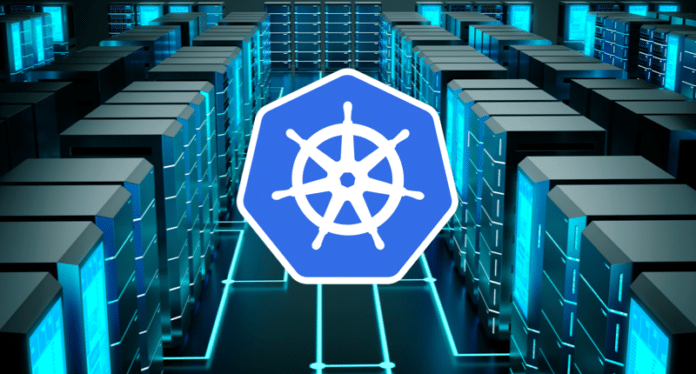Businesses have been more interested in container technology as a result of the greater efficiency it offers. As a result, Kubernetes is frequently used by businesses to launch, scale, and manage containerized applications.
Depending on the region and industry in which they operate, corporations must adhere to a number of policies. Some of these regulations, like PCI DSS and GDPR, improve the IT infrastructure’s cyber-resilience. Organizations must make sure that the Kubernetes cluster complies with all applicable regulations and security best practises because it is a component of the IT infrastructure.
The log retention policy is one of the requirements that may be found in most IT policy documents. How long you should keep logs on file depends on your log retention policy. These logs can be used for incident investigation and active monitoring to find hazards.
To find security dangers and abnormalities, you must keep an eye on the audit logs. In order to find pertinent information during an incident investigation, you must also index the logs. The Kubernetes audit logs are tracked, archived, and indexed by Wazuh. Wazuh is an integrated XDR and SIEM platform that is open source. It receives more than 10 million downloads annually and is commercial-free.
The Wazuh development team offers a comprehensive manual on using Wazuh to audit Kubernetes. The manual provides instructions for the following:
- Set up the Wazuh server so that it can receive and handle Kubernetes audit logs.
- On the Kubernetes cluster, enable audit logs and send them to the Wazuh server.
Custom rules can be set to send warnings when Wazuh finds certain events in the Kubernetes audit log. You may, for instance, design rules that send out warnings whenever resources are added to or removed from the Kubernetes cluster.
An extremely scalable full-text search and analytics engine is the Wazuh indexer. To enable real-time data search and analytics, the indexer indexes and saves the Kubernetes audit logs. When you need to obtain pertinent information from the audit logs during an incident investigation, the Wazuh indexer improves efficiency.
An open source container management system called Kubernetes automates the deployment and scaling of containers as well as managing their life cycles. For easy management and discovery, it groups containers into logical components. By extending how containerized applications are scaled, Kubernetes enables the use of fully persistent infrastructure.
With Kubernetes, you can create cloud-native apps built on microservices. Kubernetes is regarded as the foundation of application modernisation by enthusiasts. It makes it possible for existing programmes to be containerized, facilitating the speedy development of new applications.
When applications are deployed over multiple servers and containers, their complexity increases. Kubernetes provides an open source API that controls where and how those containers will run in order to manage this complexity. Load balancing, service discovery, resource tracking, and scaling based on compute consumption are all features of Kubernetes. Additionally, it evaluates each resource’s health and equips applications with the ability to self-heal through automatic restarts or container replication.









































































